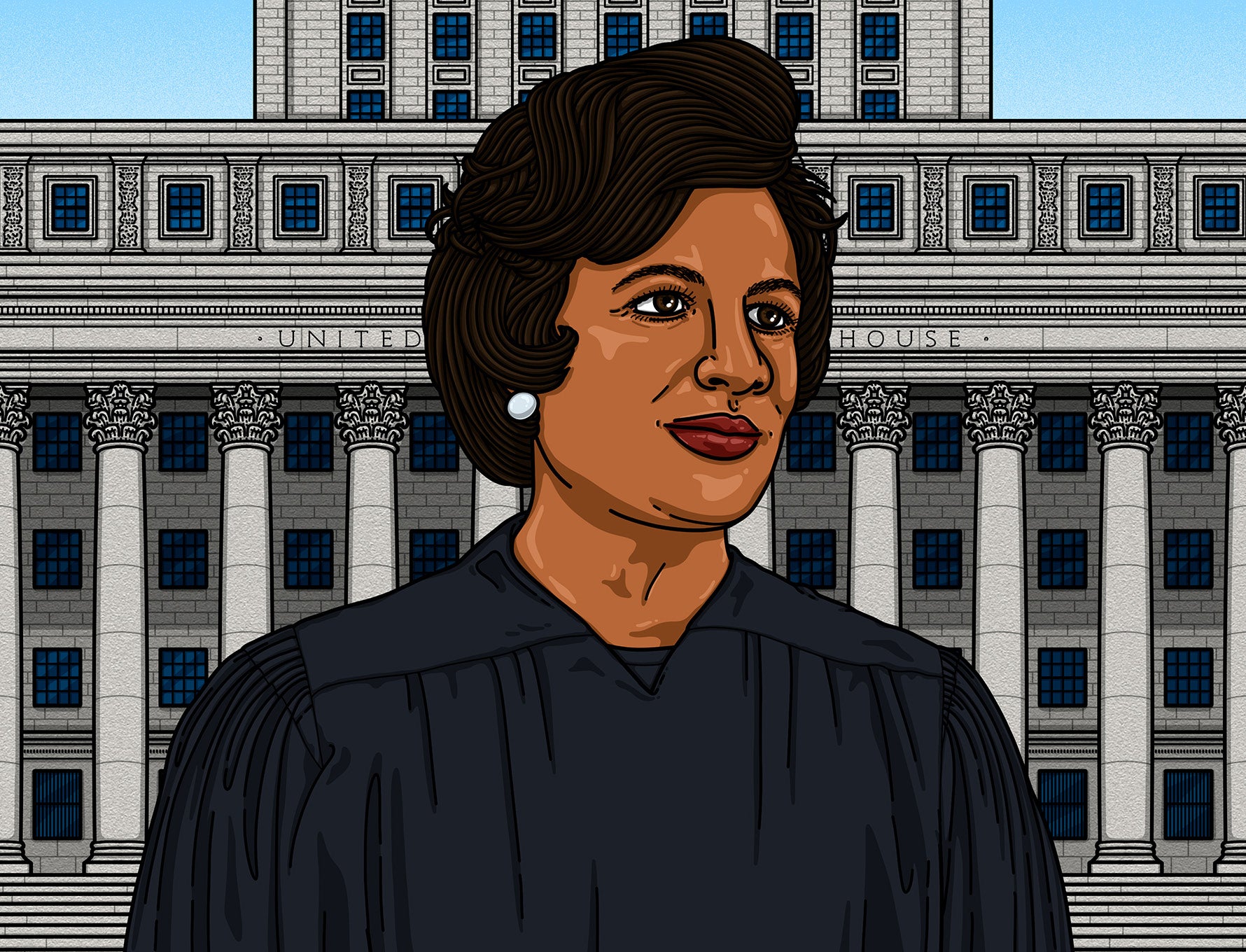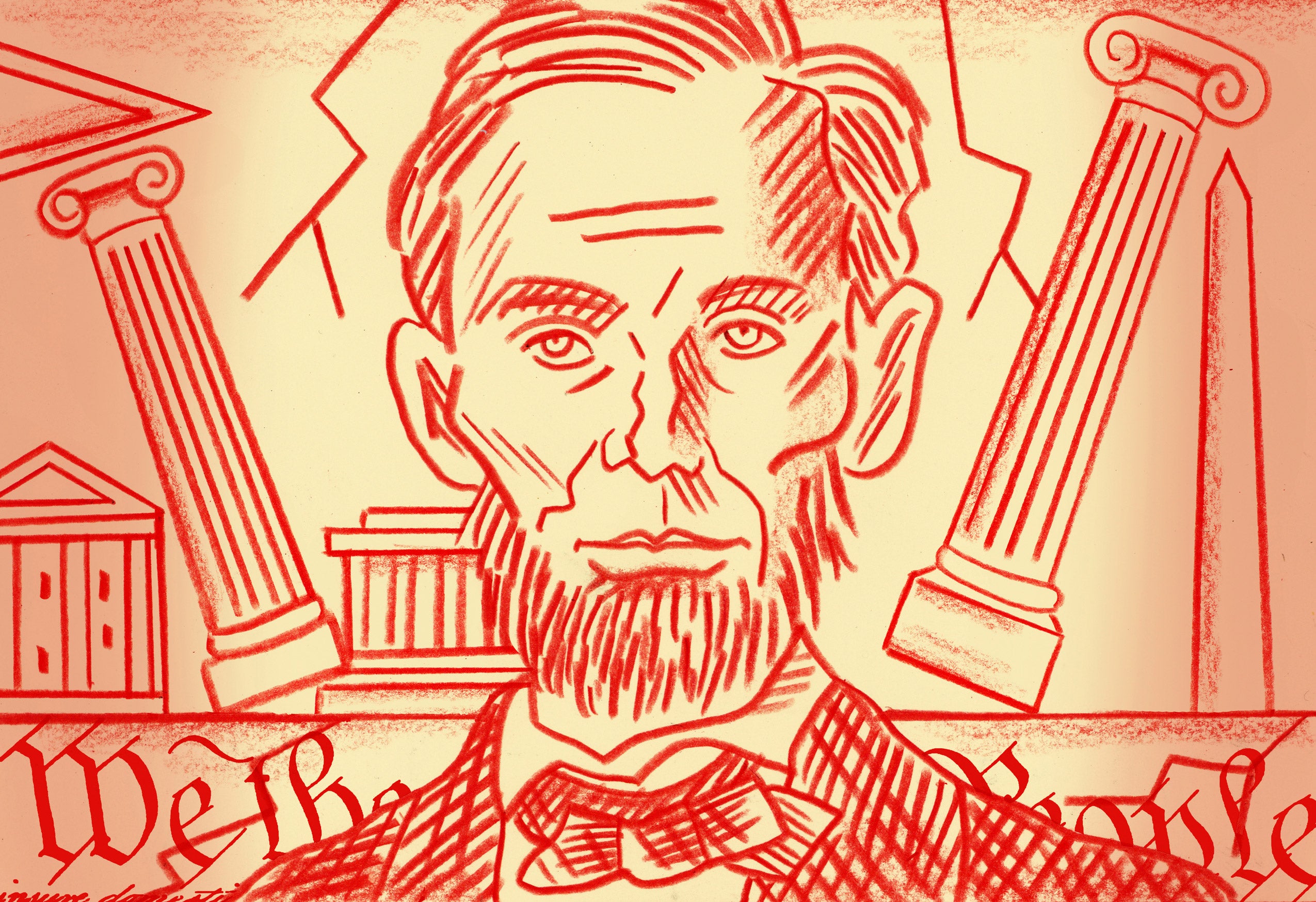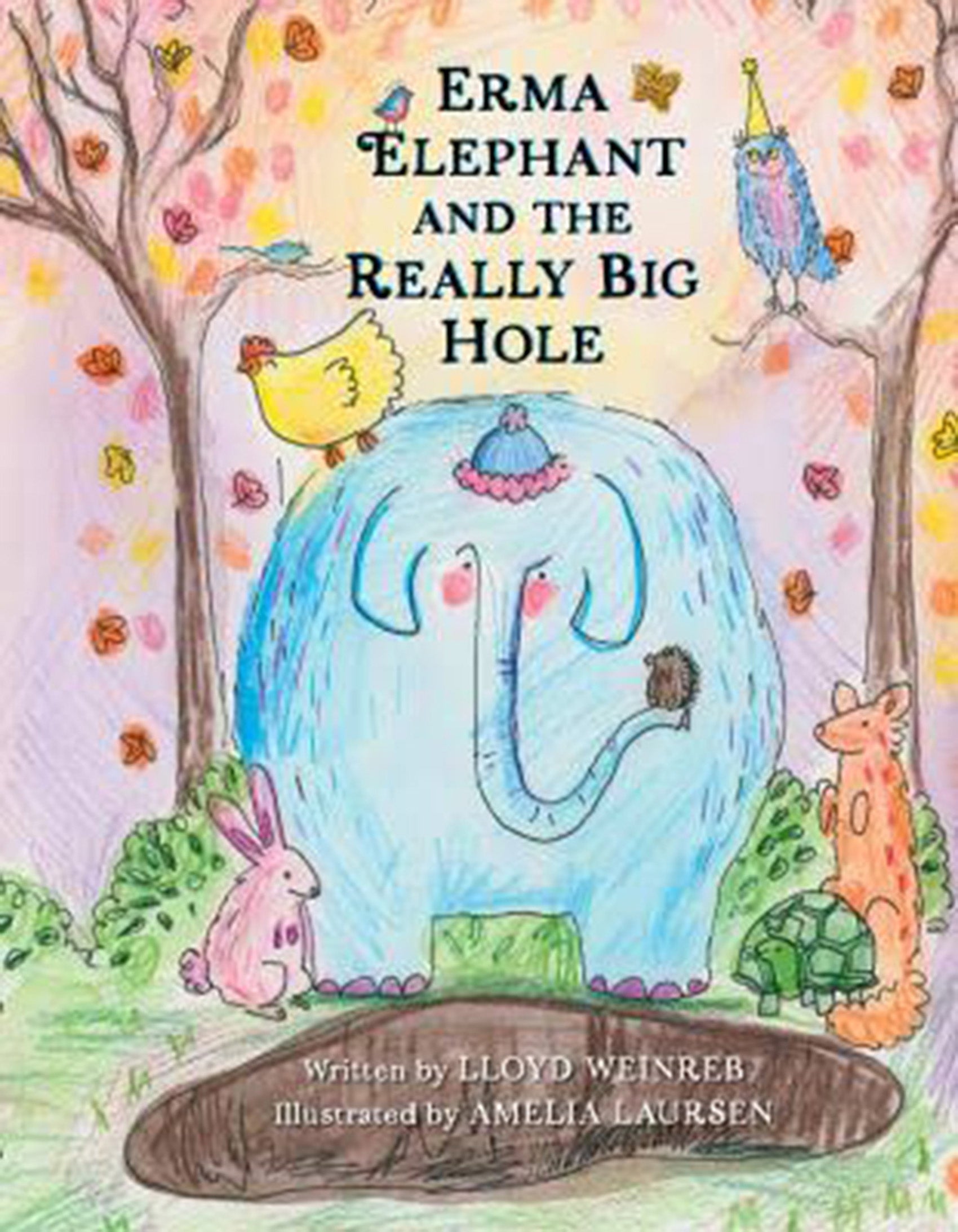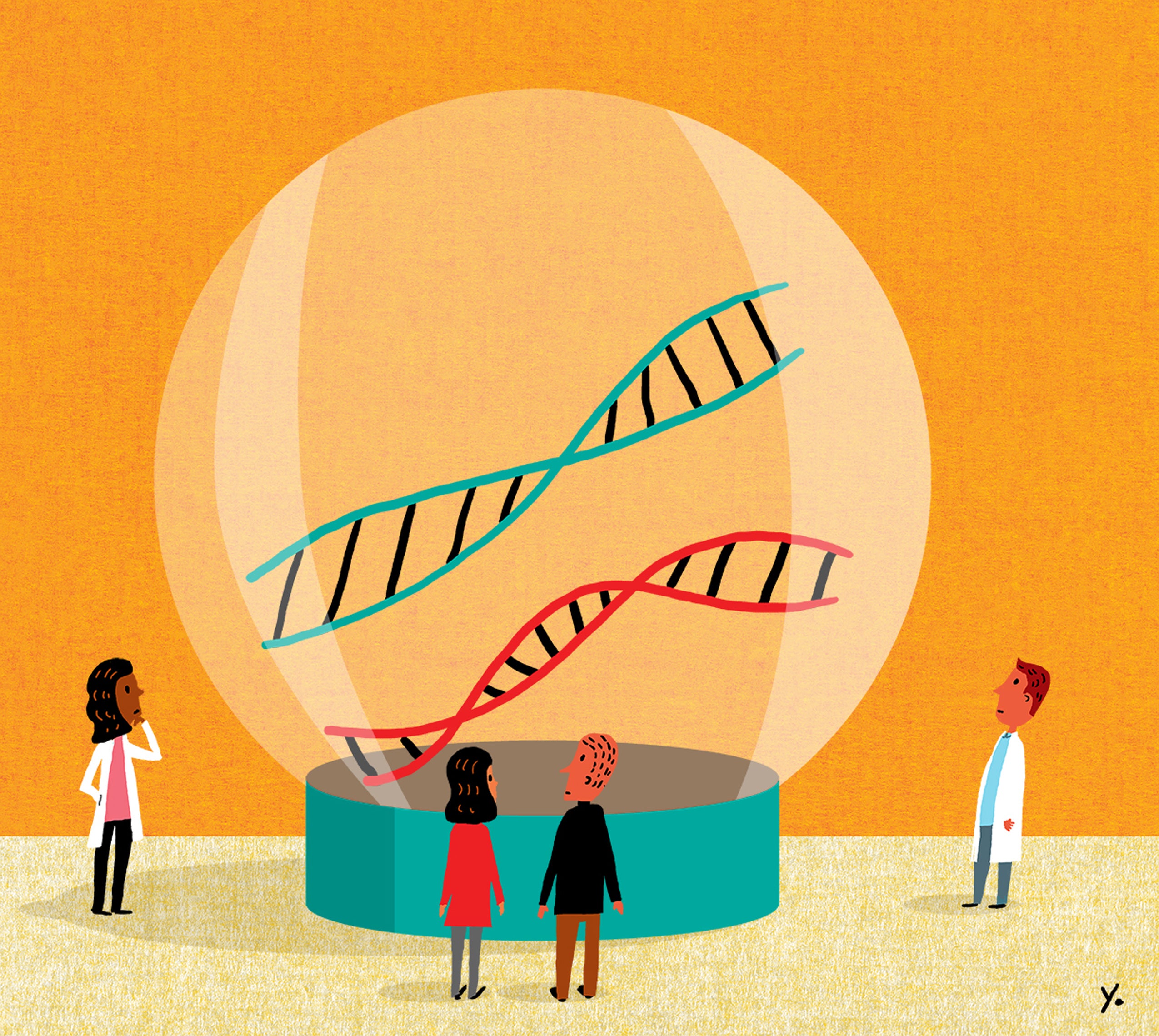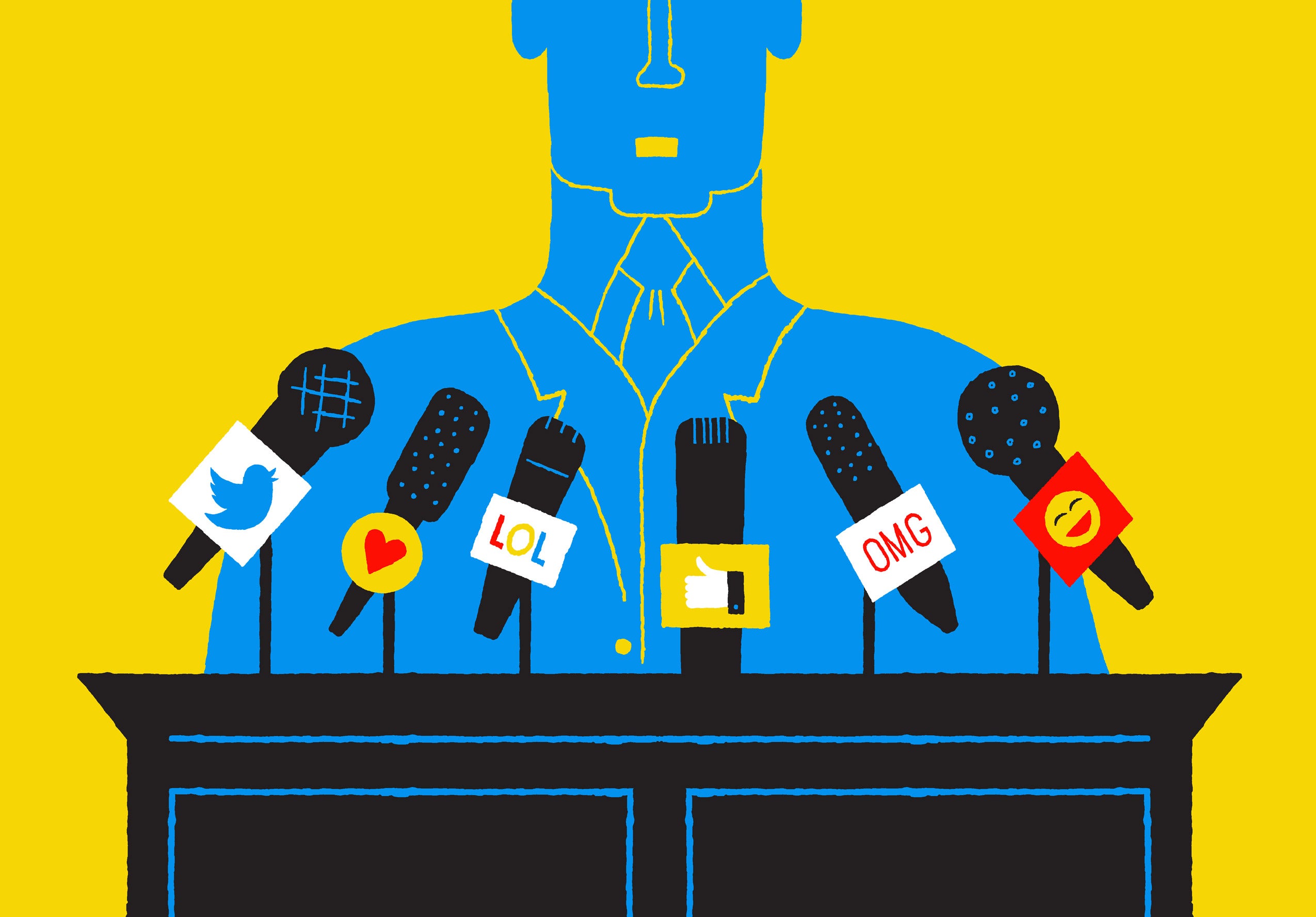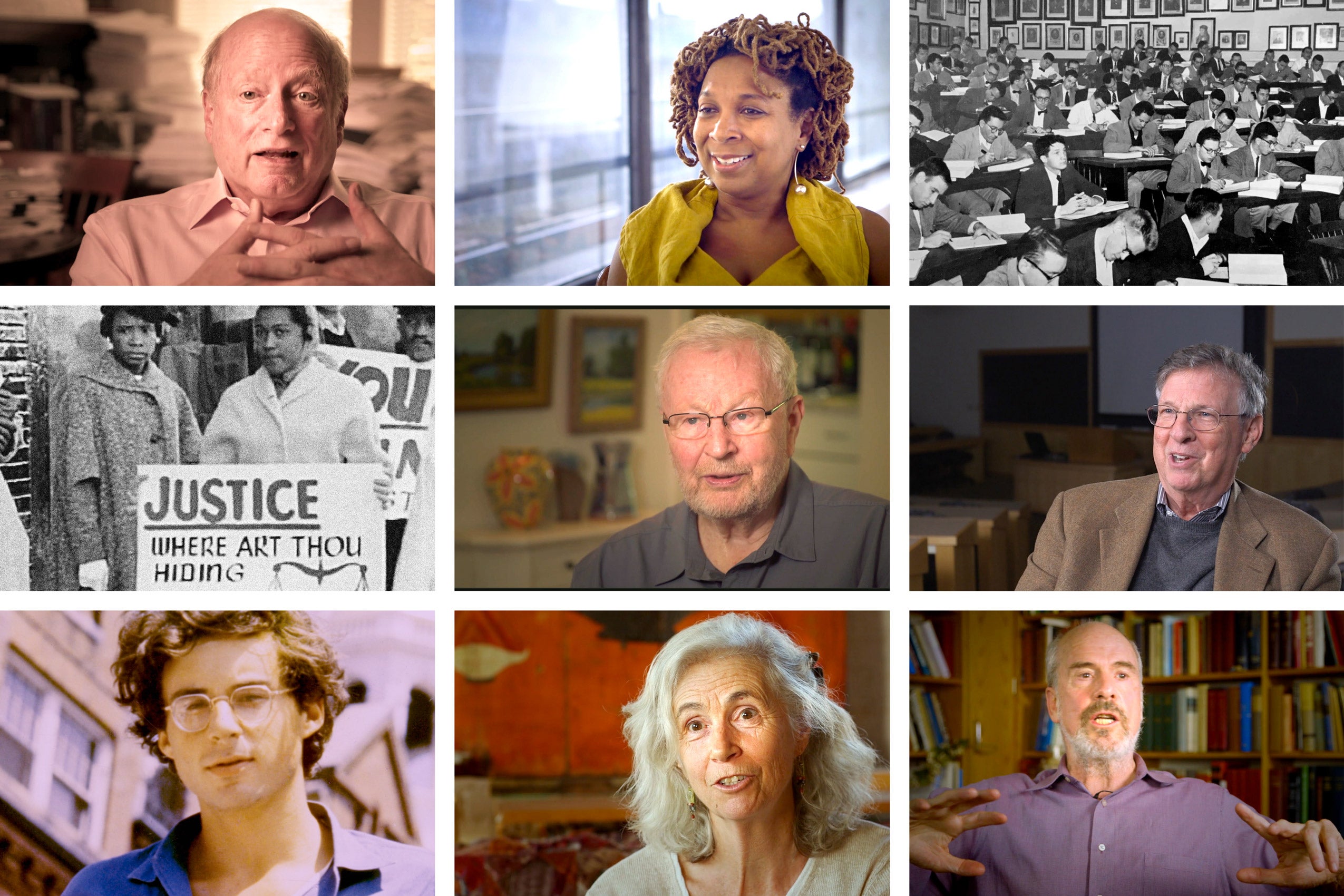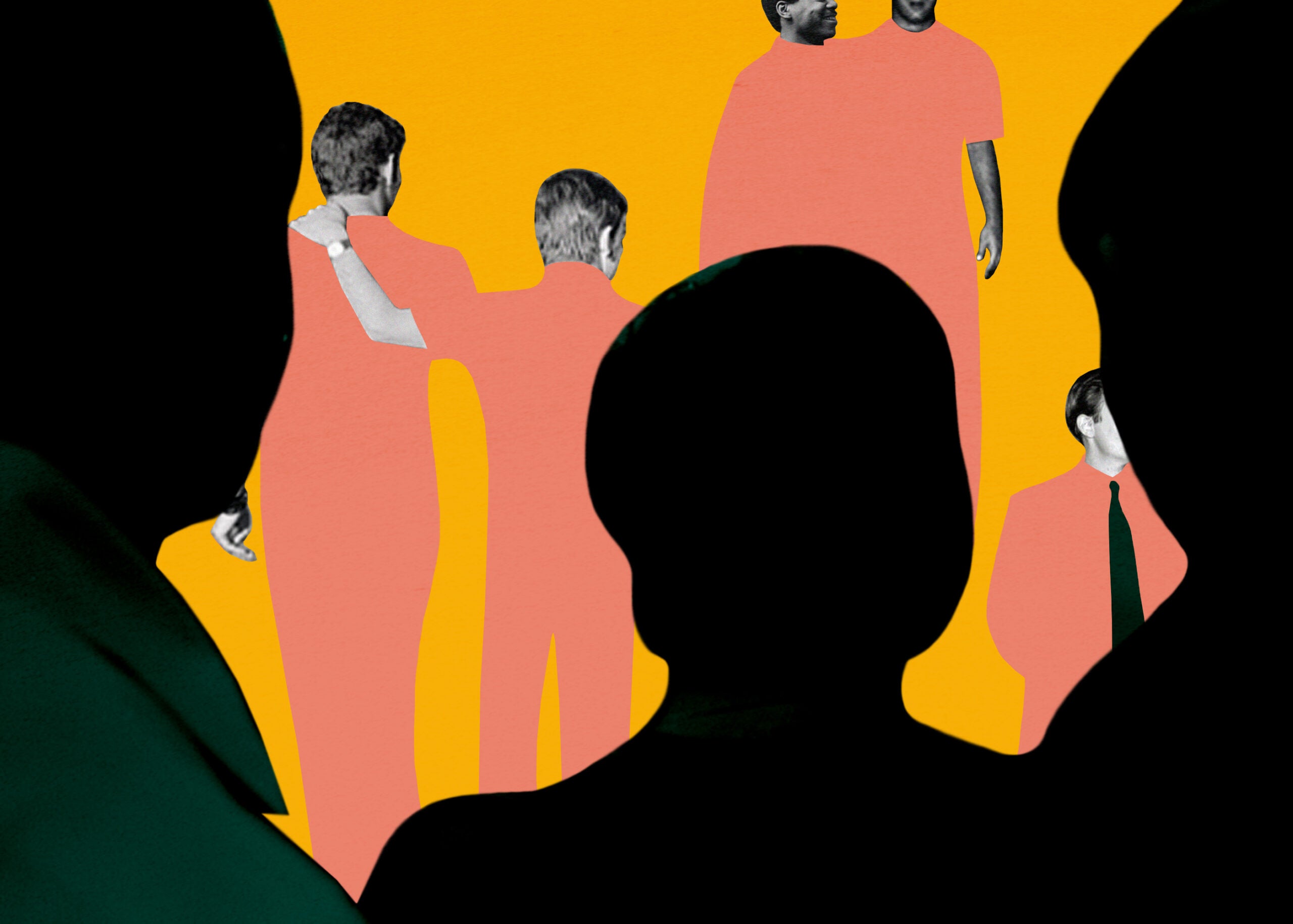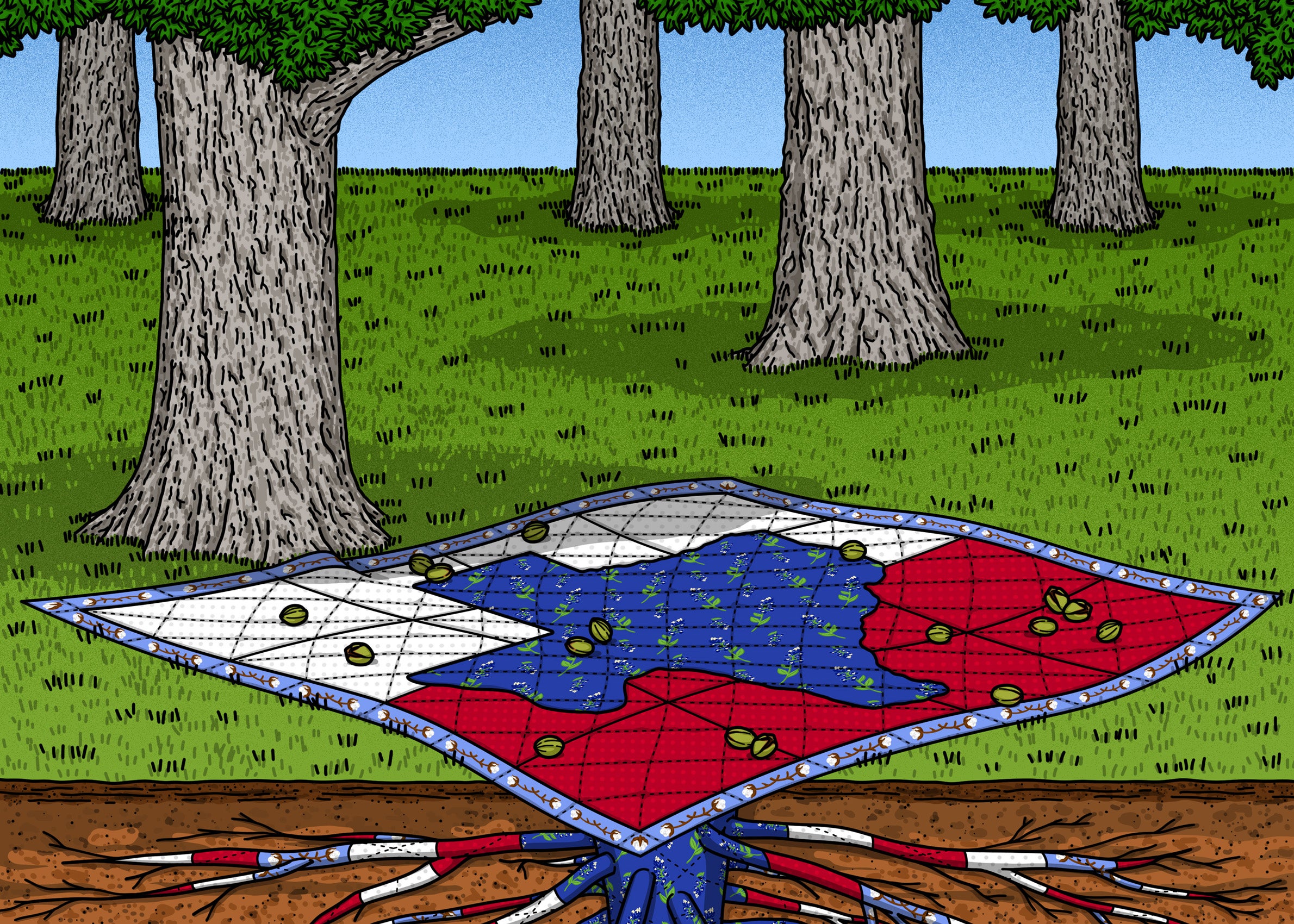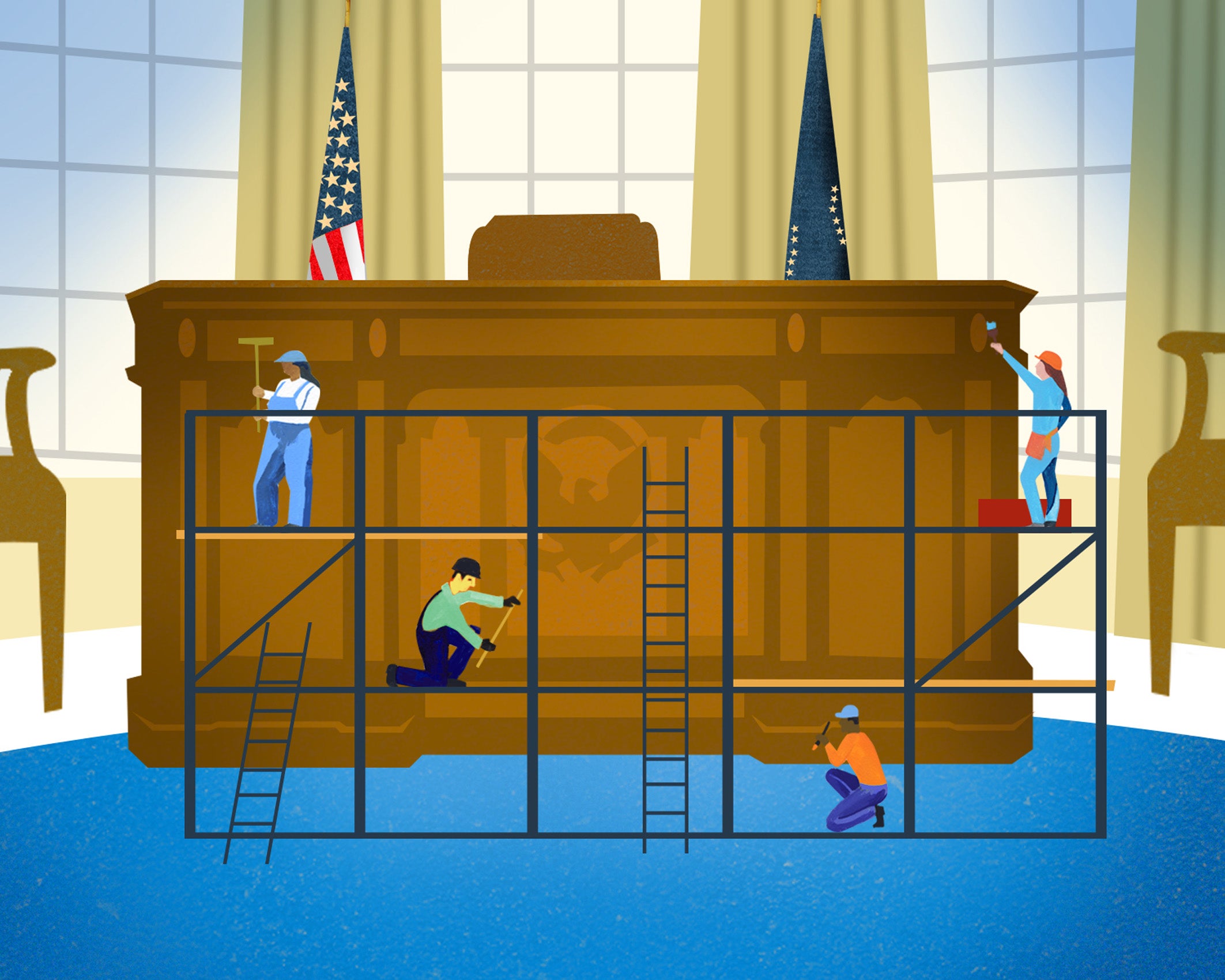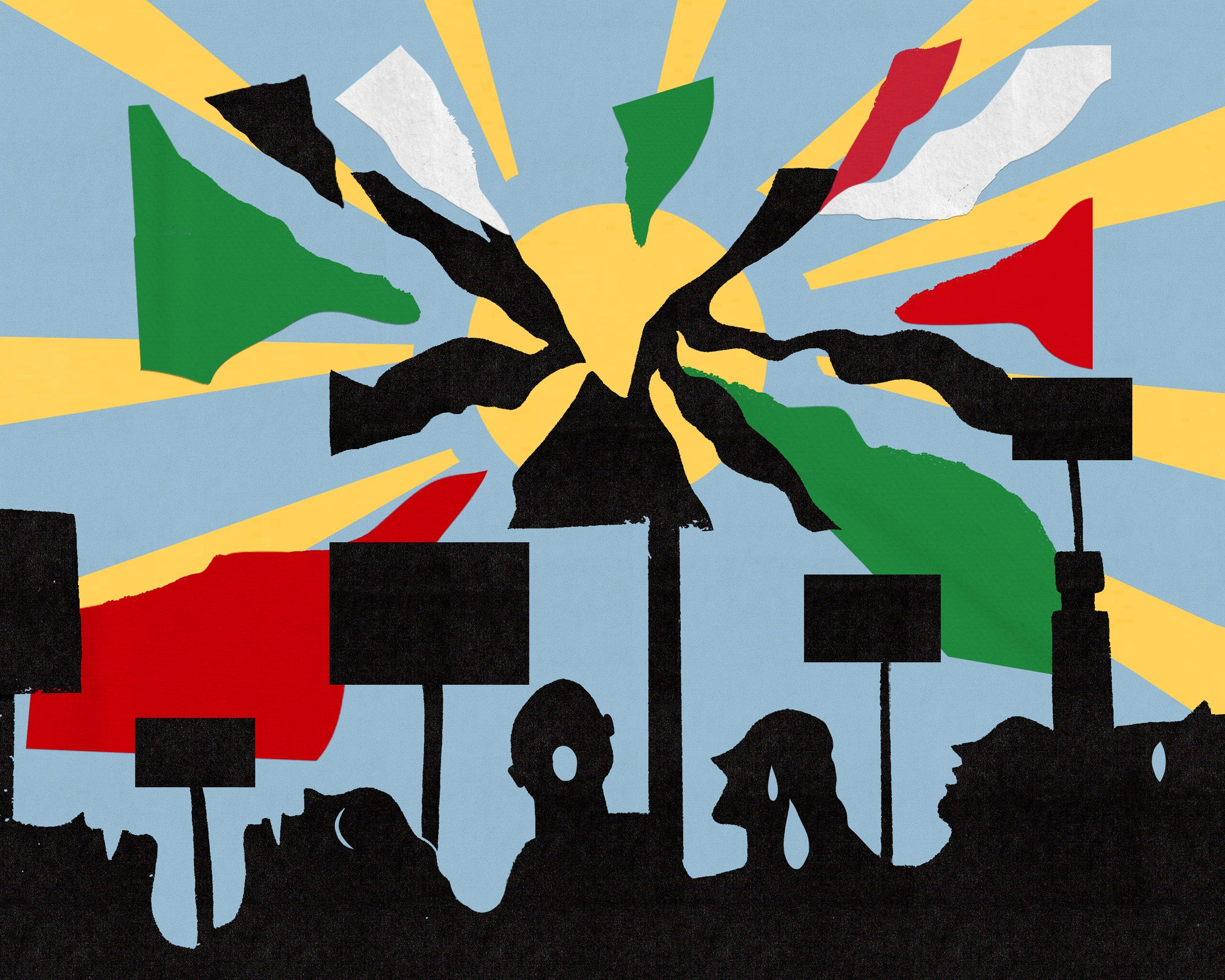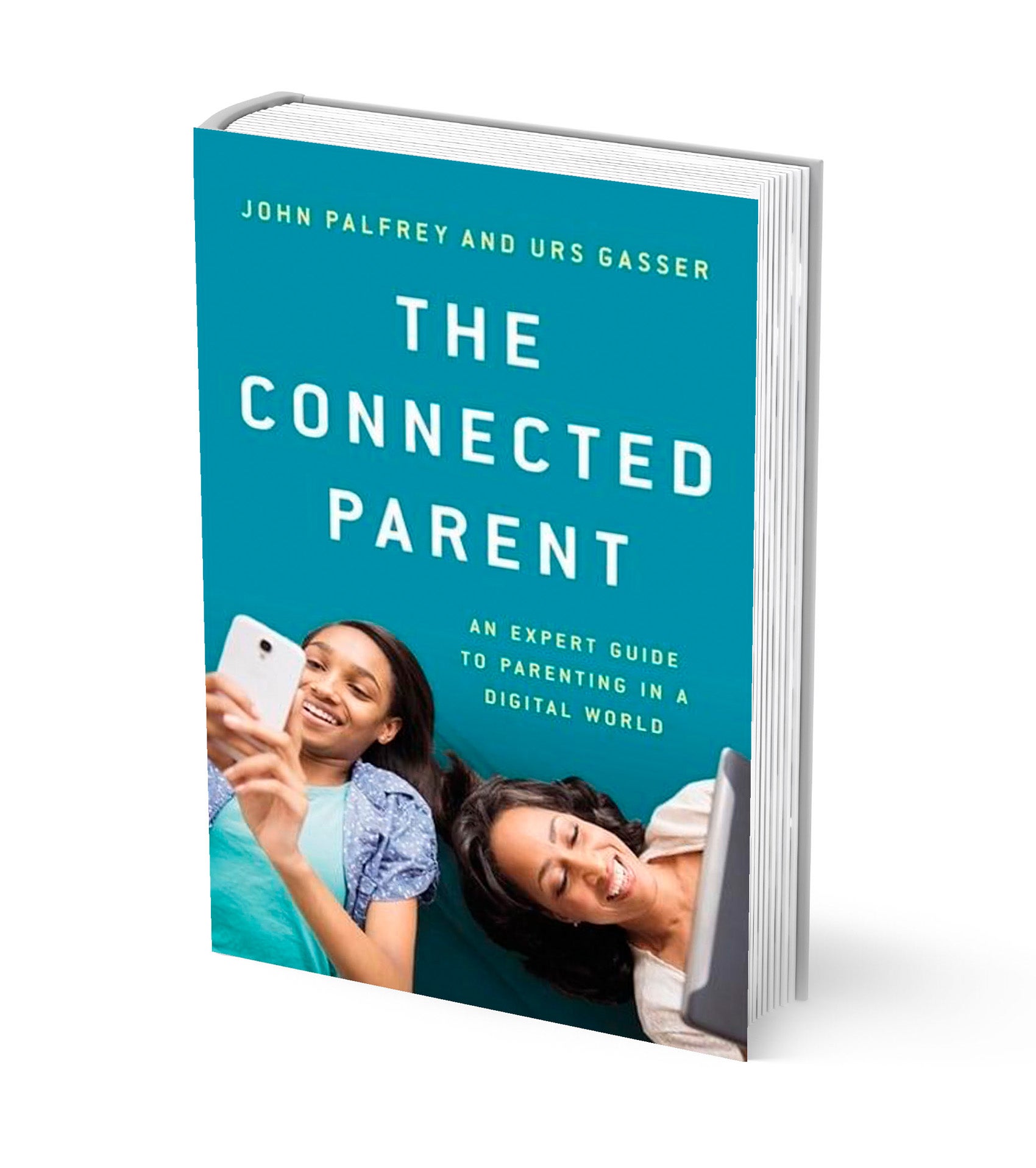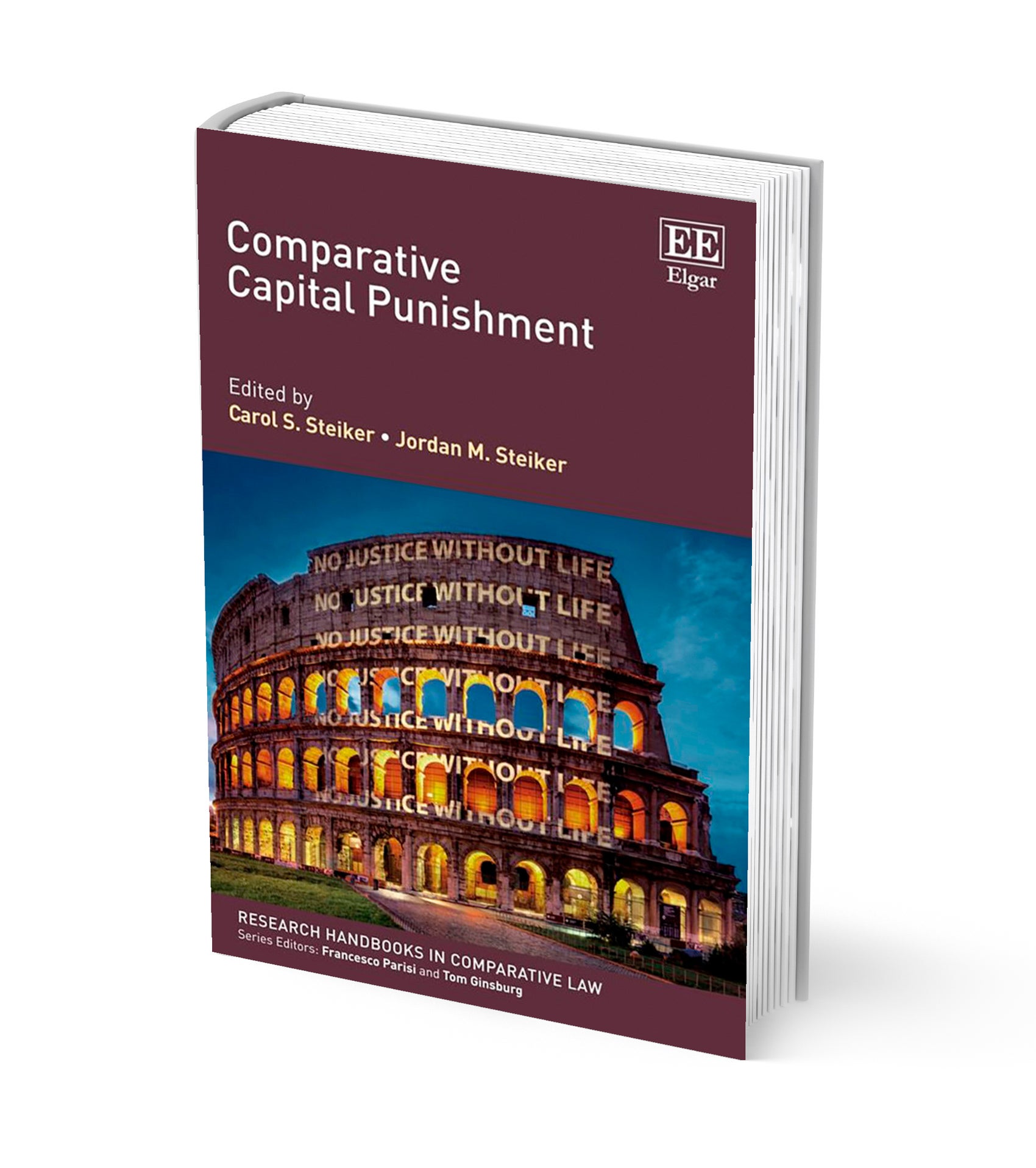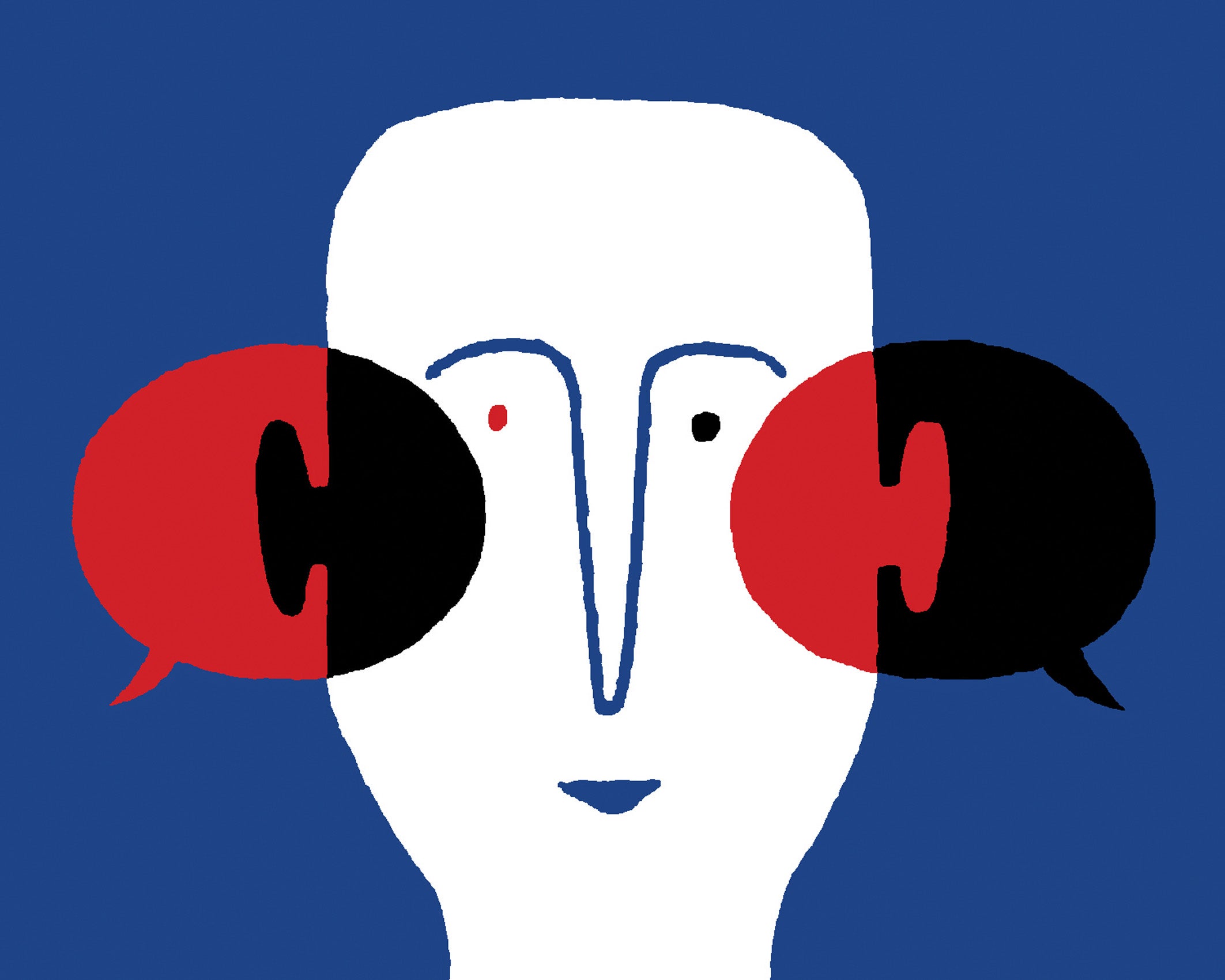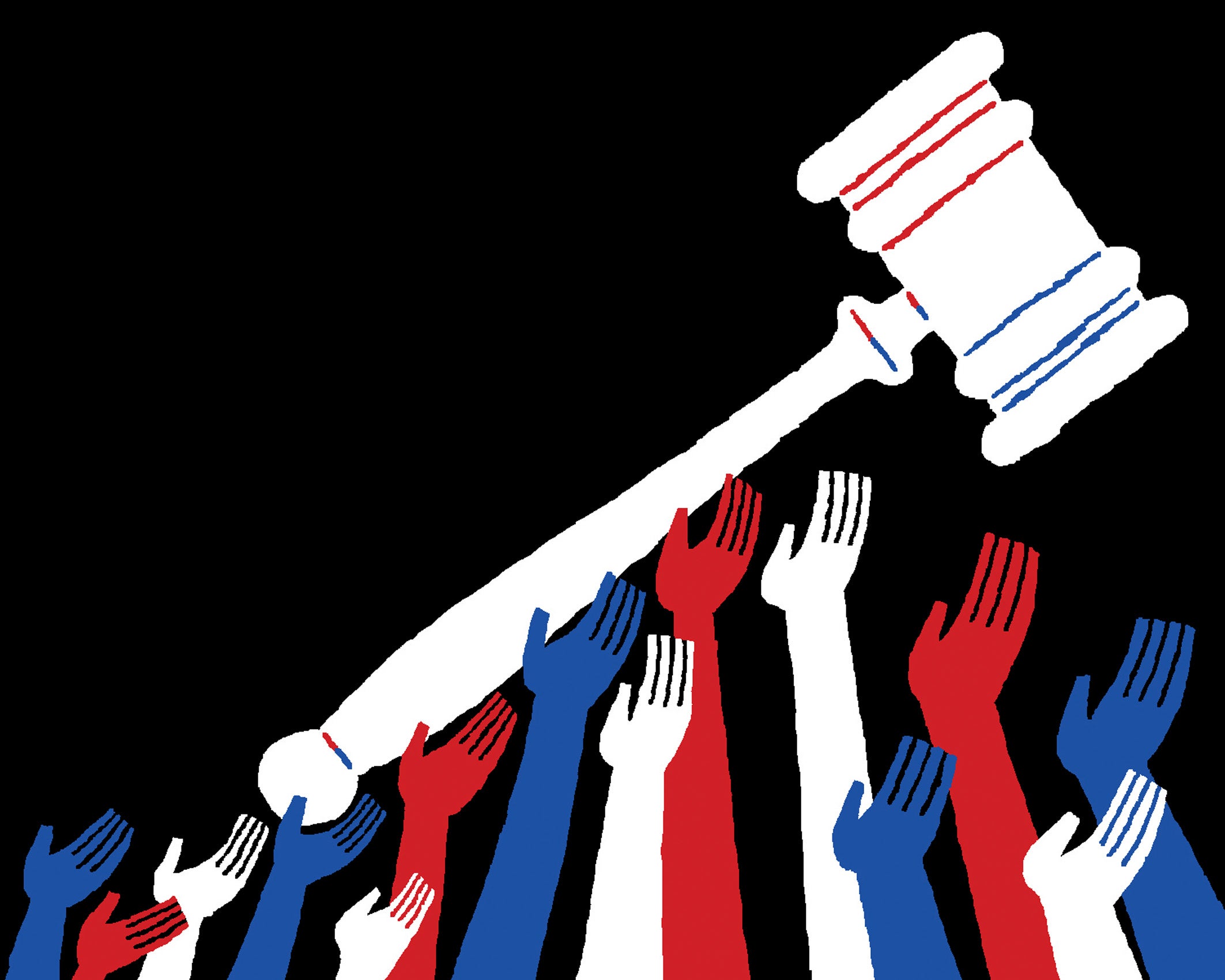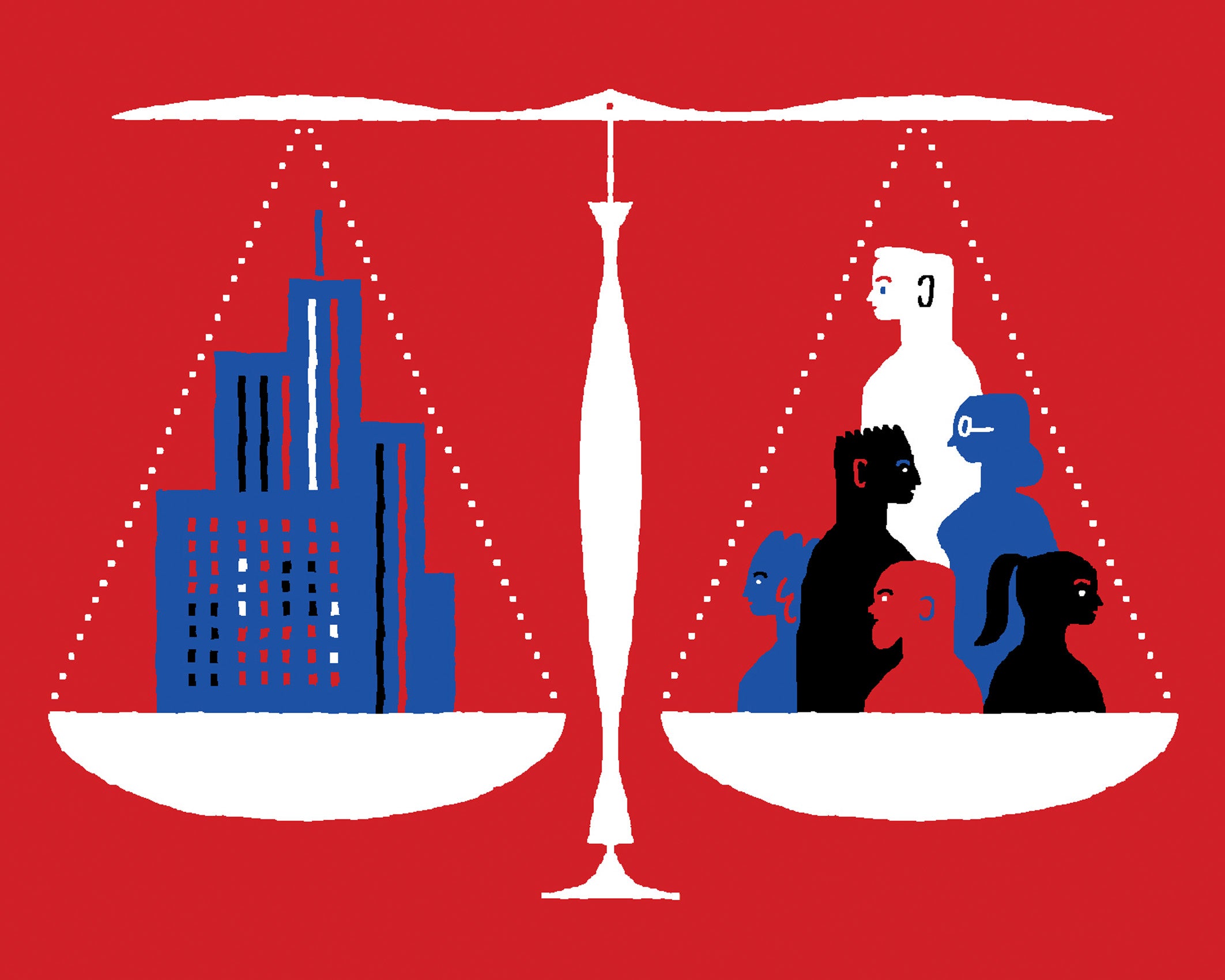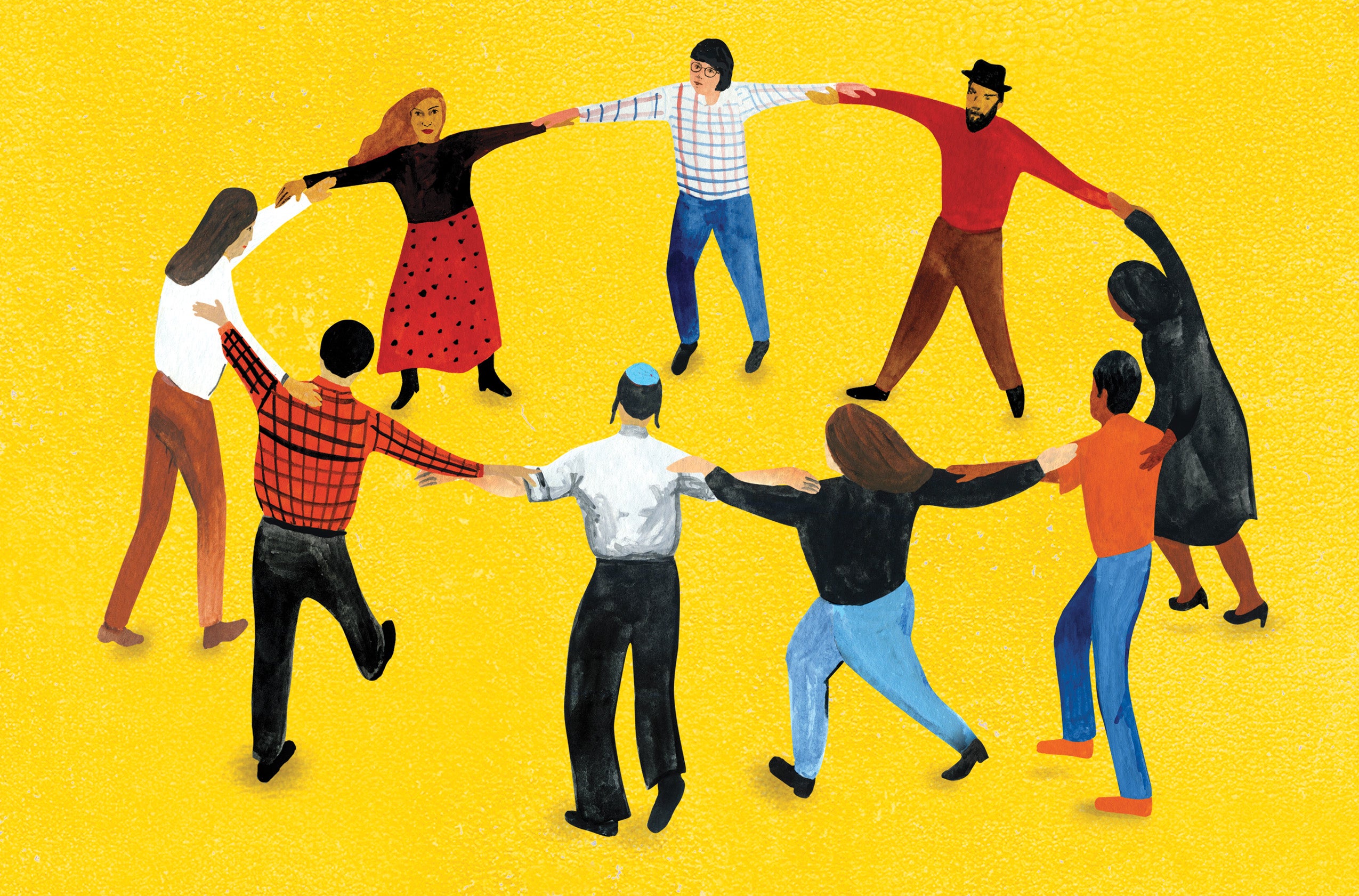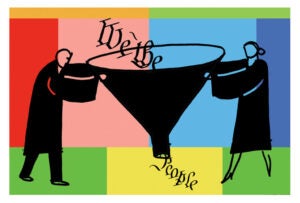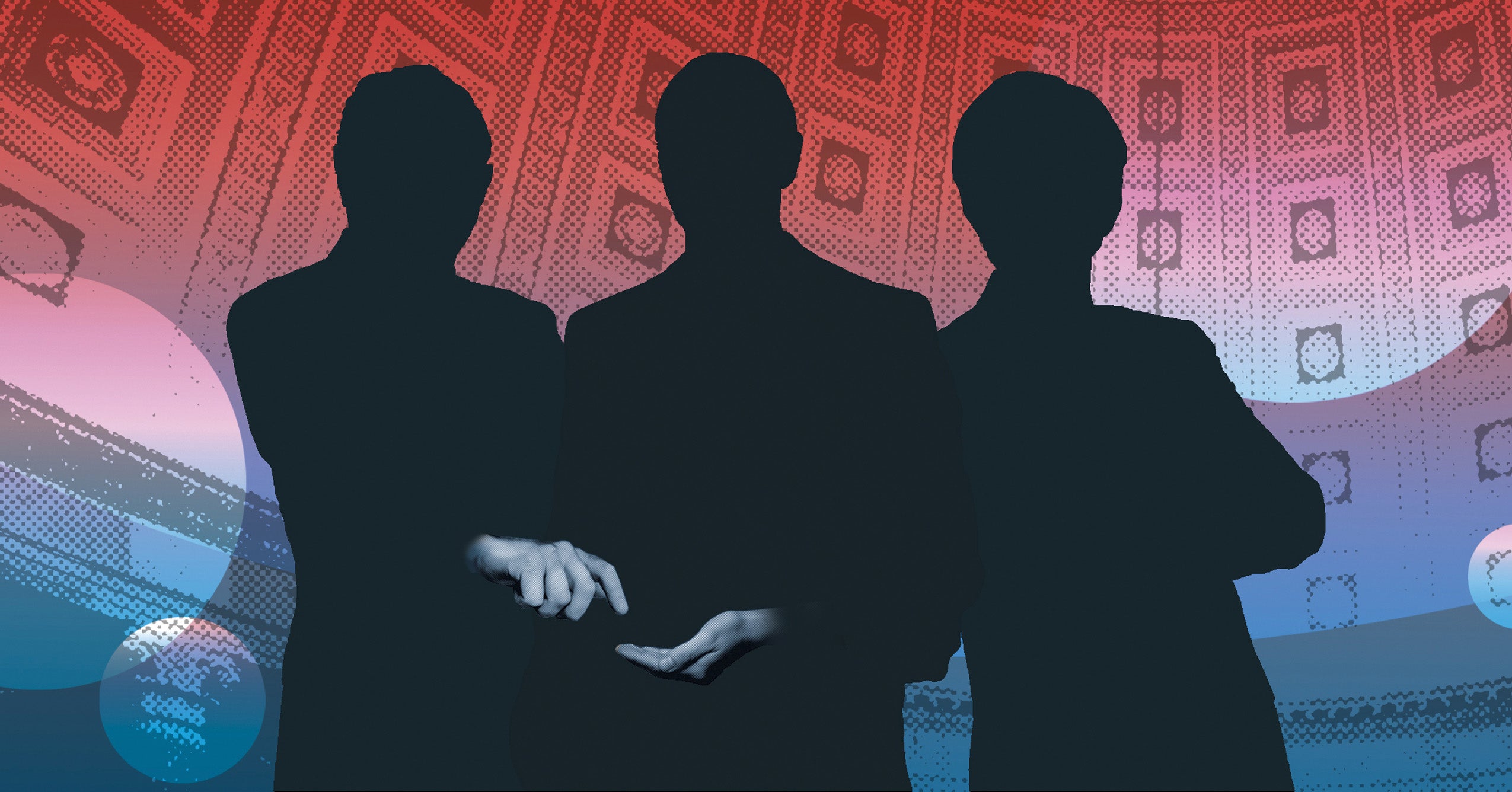Post Types
Book Review
-
Preserve, Protect, and Defend
February 8, 2022
In his new book, Noah Feldman offers a fresh perspective on the decisions Abraham Lincoln made regarding the U.S. Constitution — many of which he describes as legally indefensible.
-
The Law Professor and the Elephant
January 31, 2022
Lloyd Weinreb ’62, professor emeritus at HLS, who passed away in December (see Page 48), was the author of many important articles and books, several on legal…
-
Faculty Books in Brief: Winter 2022
January 31, 2022
A wide range of books by faculty, from a collection of essays on the ethics of consumer genetic testing to a look at the fate of constitutional institutions in populist regimes to a delightful children's book by a legal philosopher
-
Bad News
January 31, 2022
With the rise of social media and the decline of traditional news outlets, especially local news, “constitutional democracy itself is in the balance,” writes Minow in her new book.
-
The Influence of Critical Legal Studies
August 11, 2021
By the time Jeannie Suk Gersen ’02 was a first-year law student at HLS, the Critical Legal Studies movement had been pronounced dead. And yet “every corner you turned and every closet you opened at the law school, there it would be, in some sort of zombie or ghost-like form,” she recalls.
-
A Sense of Place
June 11, 2021
In the newly published “On Juneteenth,” Gordon-Reed presents a 360-degree view of the history leading up to the holiday and beyond, weaving in her perspective as a Black woman with Texas roots that run deep.
-
Reforming the Presidency
November 16, 2020
Jack Goldsmith speaks with the Bulletin about the most effective approach to regulating the executive branch, “the absolute low point” of presidential relations with the press, and the one issue on which he, an independent, and his co-author, a Democrat, could not agree.
-
A Movement that Mattered
October 20, 2020
In “The Arab Winter: A Tragedy,” Feldman writes: “People whose political lives had been determined and shaped from the outside tried politics for themselves, and for a time succeeded. That this did not lead to constitutional democracy or even to a more decent life for most of those affected is not a reason to believe that the effort was meaningless.”
-
Books in Brief: Fall 2020
October 20, 2020
New works on redeeming the administrative state, navigating parenting in a world in which children are immersed in technology, and understanding the importance of understanding how much information you need.
-
Faculty Books in Brief: Summer 2020
July 23, 2020
From human rights in a time of populism to a comparative look at capital punishment to a focus on disability, healthcare and bioethics
-
For the Sake of Argument
July 23, 2020
Singer seeks to help lawyers and the general public make reasoned arguments, promote civil discourse, and consider alternative perspectives.
-
Popular Opinion
May 20, 2020
Tushnet advocates for a new constitutional order that would move away from “judicial supremacy" and instead focus on empowering ordinary people to shape Americans’ understanding of the meaning of the Constitution.
-
Getting the Law of Wrongs Right
April 7, 2020
In “Recognizing Wrongs,” Goldberg and his co-author argue that much of the criticism of tort law comes from failing to appreciate its character and purposes.
-
The Choosing People
August 13, 2019
Robert and Dale Mnookin never had any doubt that they areewish. But the question of who should be considered Jewish can be surprisingly tangled and fraught. That question is at the heart of Robert’s new book, “The Jewish American Paradox: Embracing Choice in a Changing World.”
-
Faculty Books in Brief: Summer 2019
June 19, 2019
A single person cannot change a social norm; it requires a movement from people who disapprove of the norm, writes Sunstein. He explores how those movements, ranging from the fight for LGBTQ rights to white nationalism, take shape and effect change.
-
A Precarious State
May 6, 2019
Think of an honest used car salesperson. The very idea might seem like an oxymoron. That’s not because no honest people ever sell cars. It’s because the profession as a whole is not considered trustworthy by the public. What if that sense of mistrust were not limited to the used car lot but had spread to institutions the public relies on every day? It has, according to Harvard Law School Professor Lawrence Lessig.
-
Faculty Books in Brief: Winter 2019
January 29, 2019
With the increased use of a massive volume and variety of data in our lives, our health care will inevitably be affected, note the editors of a new collection, one of the recent faculty books captured in this section.

